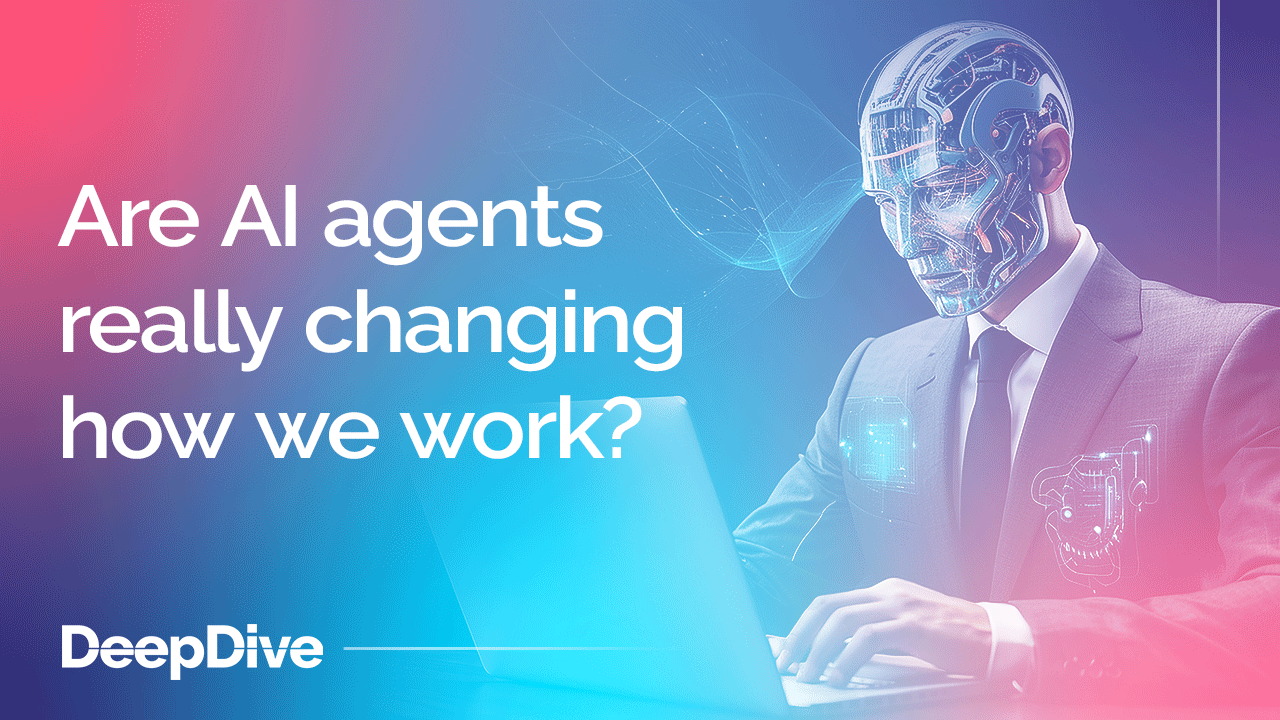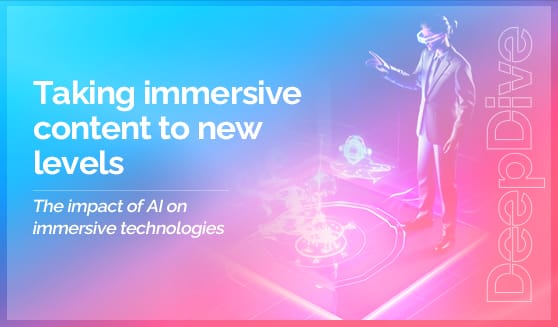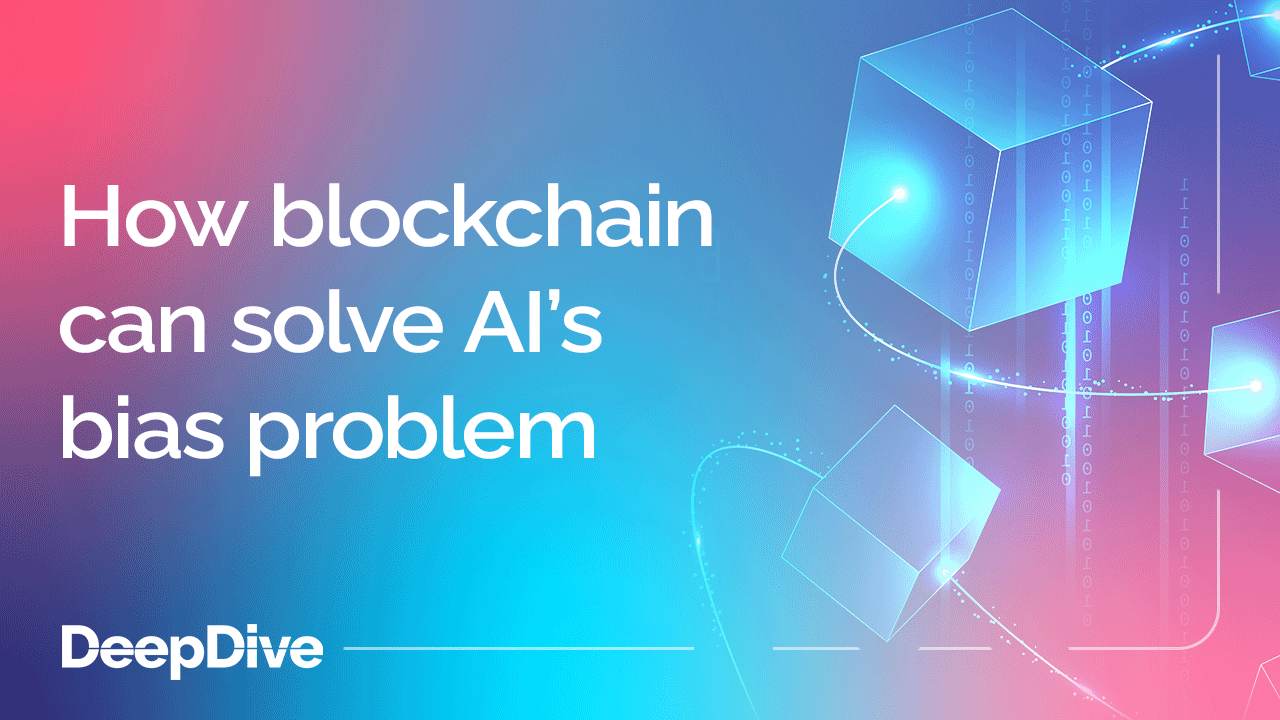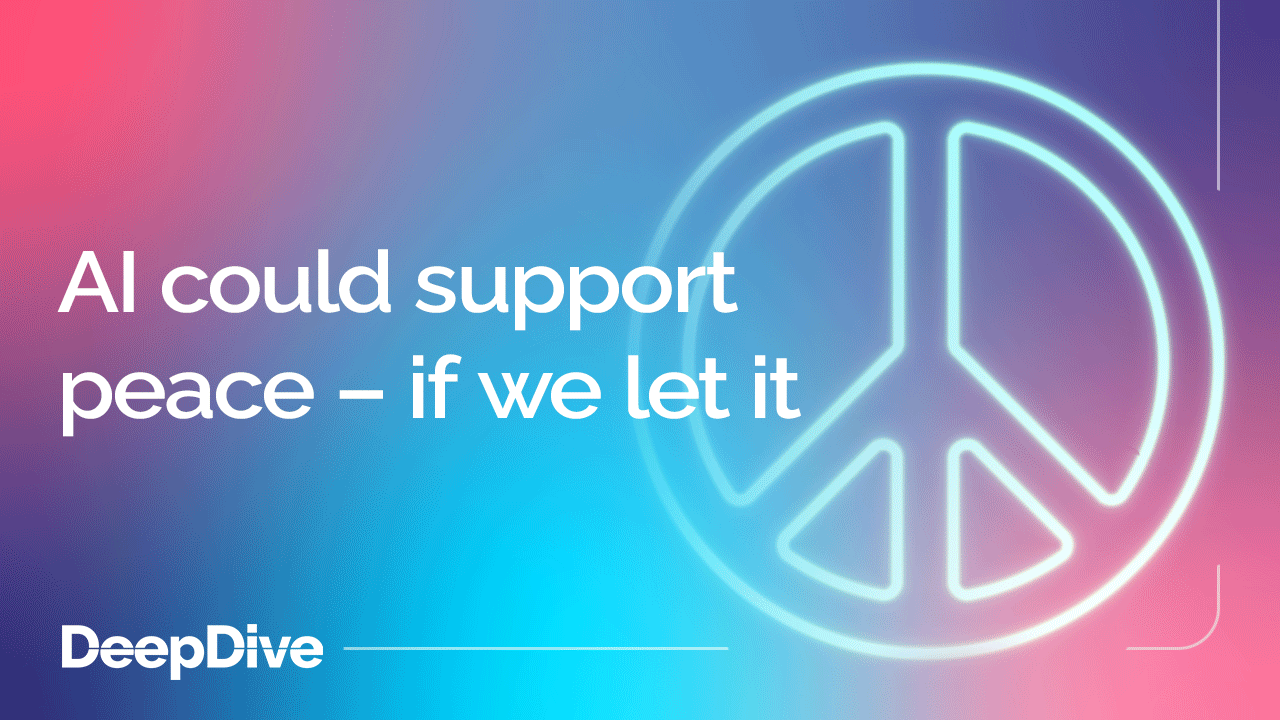

Taking immersive content to new levels

Welcome to the 10 new deep divers who joined us since last Wednesday. If you haven’t already, subscribe and join our community in receiving weekly AI insights, updates, and interviews with industry experts straight to your feed.
DeepDive
Your weekly immersion in AI.
In recent years, there’s been growing demand for immersive digital experiences. From holistic e-commerce to virtual events and gaming, digital users want to feel like they’re in the tech world, not just looking at it.
The development of AI systems is expanding the potential of those immersive experiences across a wide range of use cases; enabling us to blend the physical and digital and enjoy more engaging and accessible content.
When we interviewed Alvin Graylin (China President and Global VP of Corporate Development at HTC), we asked him what’s most exciting to him about the convergence of AI and immersive technologies. He said:
“I've been involved with both spaces for over 30 years, and it's exciting for me to finally see both spaces mature and converge almost simultaneously. These two technologies are completely complementary and will help fill the gaps and issues of each other, leading to a more positive outcome for society.”
How can AI enhance immersive experiences?
- It can significantly increase the processing power and speed of interactive digital tools, enabling intuitive and responsive technologies and opportunities for hyper-personalised experiences.
- It enables users to lose themselves in digital and hybrid worlds that are enriched with awe-inspiring or realistic graphics, sound that adapts to the environment and the users’ behaviour, and dynamic storylines that can be unpredictable and – by extension – exciting.
- Greater responsiveness means users can forget that they’re using tech at all, and feel a stronger emotional connection with the experience they’re immersed in.
Use cases for AI and immersive tech are emerging all the time
Today, many brands are using AI-powered behaviour analysis to enable more tailored user experiences. AI can analyse vast datasets and identify patterns in order to predict what a particular user might do (or want to do) next. And this enables them to develop content that’s highly relevant to the desires of that user; with adaptive storylines, product suggestions, and educational experiences that are irresistibly engaging.
In professional training content, employers and educational bodies are leaning into the potential of AI to generate training courses that are driven by narrative – offering different scenarios to trainees, so they can experiment with the consequences of a range of different decisions. This is particularly valuable in healthcare; where, for example, AI simulation is now used as a training tool for surgeons, so they can gain critical experience with no risk to human patients.
And in lower-stakes settings, AI models are making training more effective (and more fun) for employees. For example, some companies are offering AI-driven customer service training programmes that allow employees to engage in simulated interactions with digital avatars – which behave much like real customers.
This isn’t just about trying out the latest tech for the sake of…trying out the latest tech. A report by PwC found that when people are trained in an immersive environment, they complete their training material 4X faster than those in conventional training programmes, and with 4X as much focus.
When it comes to audio, we’ve been blown away by developments in AI audio processing – particularly spatial audio. AI-generated spatial audio mimics the 3D sound experience that we get in the physical world; with sounds recorded via 3D binaural arrangements to mirror the different directions from which we hear sound, and then replicating this in virtual environments.
This means that when you’re immersed in that environment, spatially relevant sound helps you to understand that landscape around you – and it means that unrealistic sound experiences don’t pull your consciousness out of that immersive world.
With AI, all of this is possible at a much lower cost
One of the most important points to make here is that as AI systems become more accessible, all of these immersive experiences are easier to create at a far lower cost. Instead of needing a team of 50 experts to develop an immersive brand experience, you can do it with user-friendly AI tools.
As Graylin put it,
“AI will solve the biggest issue the XR space faces by democratising content creation and bringing its cost to near zero. And immersive technologies will enable unlimited virtual worlds to give an outlet for the energy and renewed purpose to the billions of displaced workers that AI will create in the coming decade due to its massive gains in productivity.”
“If we take the right actions to properly prepare for this shift,” he added, “the world can be a much more abundant and peaceful place, but we need to take the right actions.”
Tell us about your favourite immersive XR experience so far
Have you been blown away by an AI-powered immersive experience? We’d love to know. Open up this newsletter on LinkedIn and tell us about it in the comment section.
Did you miss DeepFest 2024? Don’t worry – register now to secure your place at the 2025 edition. We can’t wait to see you there





